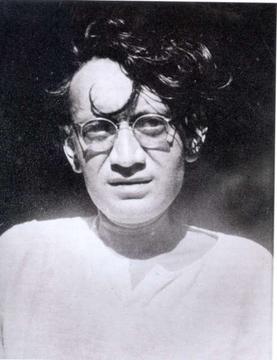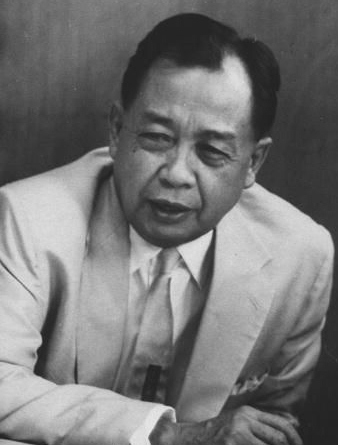By Nicholas Troy In 1787, to prevent conflict with Spain, the British colony of Black River – the central node in a dynamic contraband trade on the Mosquito Coast – was evacuated. At the start of the same century, logger settlements in Yucatán and the Scots colony in Darien paid the price for defying Spanish […]
By Bondita Baruah The catastrophic Partition of India in 1947 directed the trajectory of modern Indian history, dividing the country on religious lines, Hindus and Sikhs being assigned India while Muslims were granted Pakistan and East Pakistan (now Bangladesh). The exodus of twelve million people that moved in between the newly built borders led to […]
By Claire C. Arnold In April of 1888 Herbert Gibson made a momentous decision. Writing in his personal diary, he switched from writing in English to writing in Spanish to declare that after seven years in Argentina he had “ceased to be Scottish” and “adopted a new country.” [1] Over the following years, the newly […]
Thinking about the media, colonialization, nation-building discourses and their impact on the reconstruction of the precolonial past in Southern Central America. By Marie Kolbenstetter The Gulf of …what? Fair enough – it is not the biggest of Gulfs, and if you have never been to this neck of the woods, or if your research doesn’t have […]
By Adrian J. Browne In the world of party schools for political education in inter-war Britain, one of the most dedicated participants was a middle-aged Indian intellectual advancing a very particular agenda. The political pedagogue in question was one of Bengal’s wealthiest land magnates, Sir Bijay Chand Mahtab, the Maharajadhiraja Bahadur of Burdwan. He was […]
By Luis Zuriel P. Domingo Recently, the Filipino government’s Congress started its plenary deliberations proposing amendments in what they call the “restrictive” economic provisions of the current 1987 Constitution. President Duterte and his close allies in Congress wish to empower the government through freedom to adopt such measures that will pave way for economic development. […]





